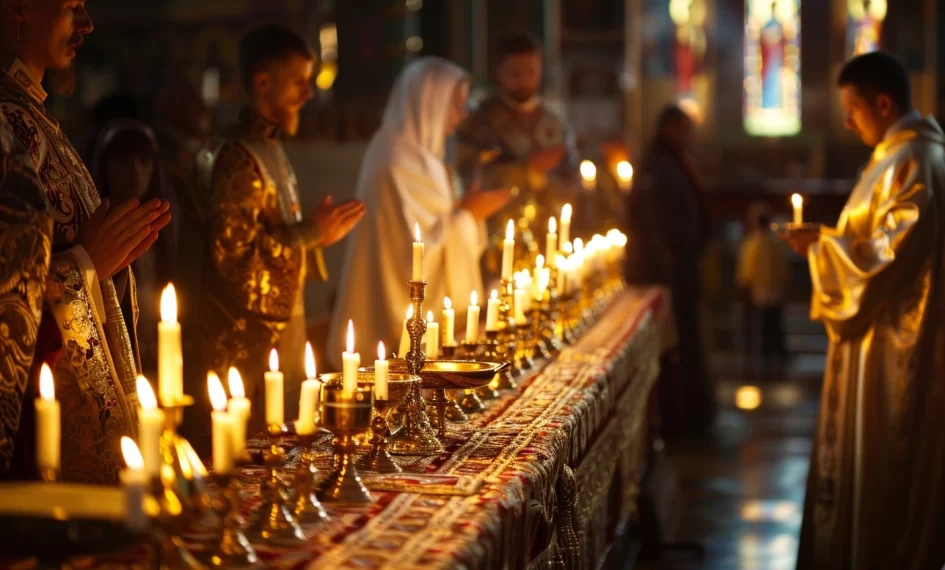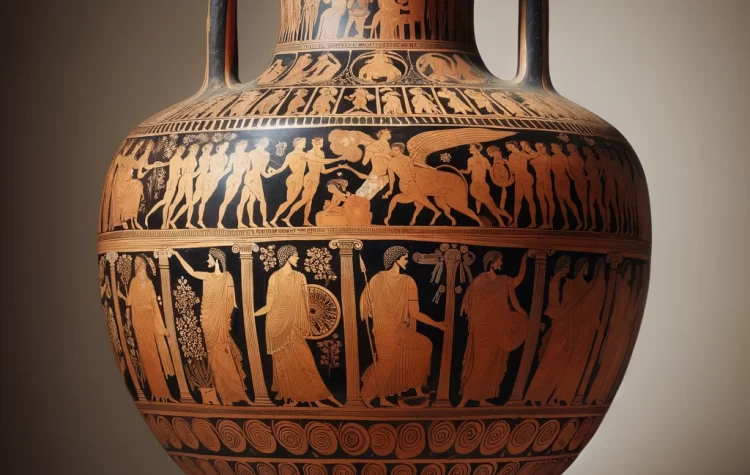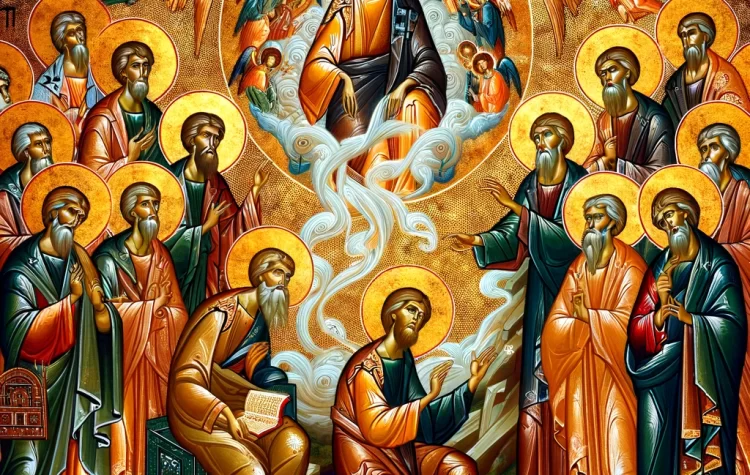Definition:
A litany is a form of prayer characterized by a series of short supplications or petitions, followed by a standard response from the congregation or choir. It is commonly used in Christian worship but is also found in other religious practices. Litanies are often recited or chanted in a call-and-response format, where a leader speaks each petition and the congregation responds, typically with a plea for mercy or a similar expression. Litanies can be a part of larger services or stand alone as specific devotional practices, focusing on various themes such as seeking divine help, commemorating saints, or expressing penitence.
Etymology & Origin:
The term “litany” derives from the Greek word “litaneia,” meaning “prayer” or “supplication.” It entered the English language through Old French and Latin, maintaining its spiritual connotations as a form of fervent prayer. Historically, litanies have been a part of Christian liturgical practices since at least the 5th century, evolving in form and function over the centuries.
Examples:
- The Litany of the Saints: A well-known litany in the Catholic Church invoking the intercession of the saints.
- The Great Litany: Used in Anglican, Eastern Orthodox, and some Lutheran services, it encompasses prayers for deliverance, peace, and blessings on all people.
- Litany of the Holy Name: Focuses on the reverence of the name of Jesus Christ, seeking his guidance and protection.



